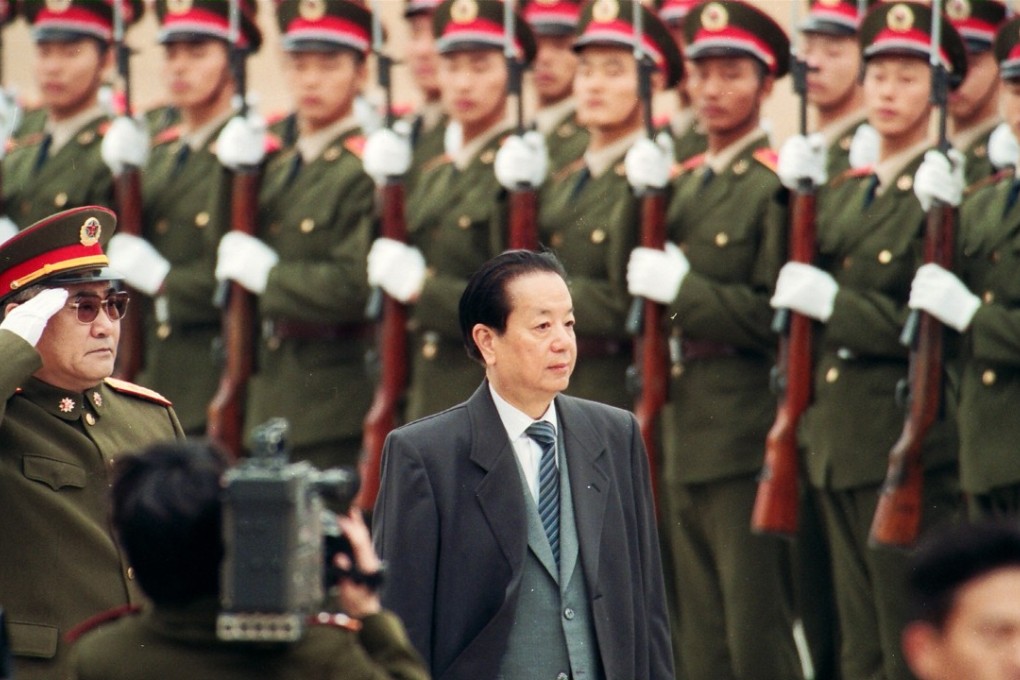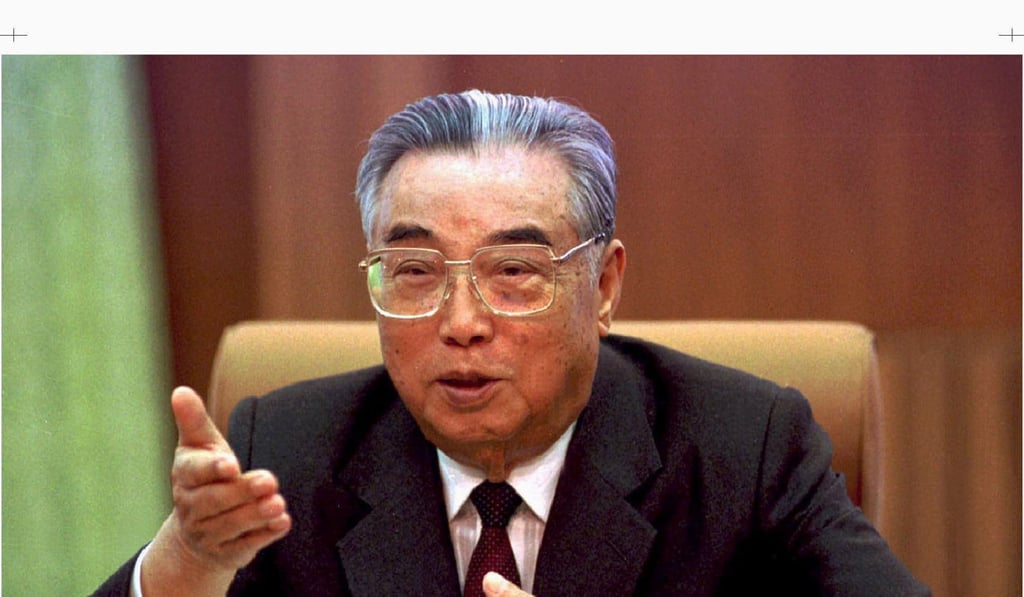When late diplomat Qian Qichen had to give North Korea’s leader some very bad news

Qian Qichen, China’s former foreign policy guru who died on Tuesday, was arguably the most influential diplomat in the country after the Cultural Revolution, with his legacy still affecting the nation’s international standing today.
One of the most intriguing chapters of Qian’s long diplomatic career, which spanned nearly five decades from the height of the cold war to China’s ascendance to global influence, was his involvement in Beijing’s decision to normalise relations with South Korea.

Details remain sketchy about how top leaders in Beijing made the decision to shift to a more balanced policy on the two Koreas except for a brief account Qian gave in his 2004 memoir, Ten Episodes in China’s Diplomacy.
Just a month before Beijing established diplomatic ties with the South in August 1992, then foreign minister Qian had the unenviable task of breaking the news to then North Korean leader Kim Il-sung.
In his book, Qian tried hard to spin his July 1992 trip to Pyongyang but outsiders could sense the tense, awkward atmosphere and the unspoken recriminations between the two sides.